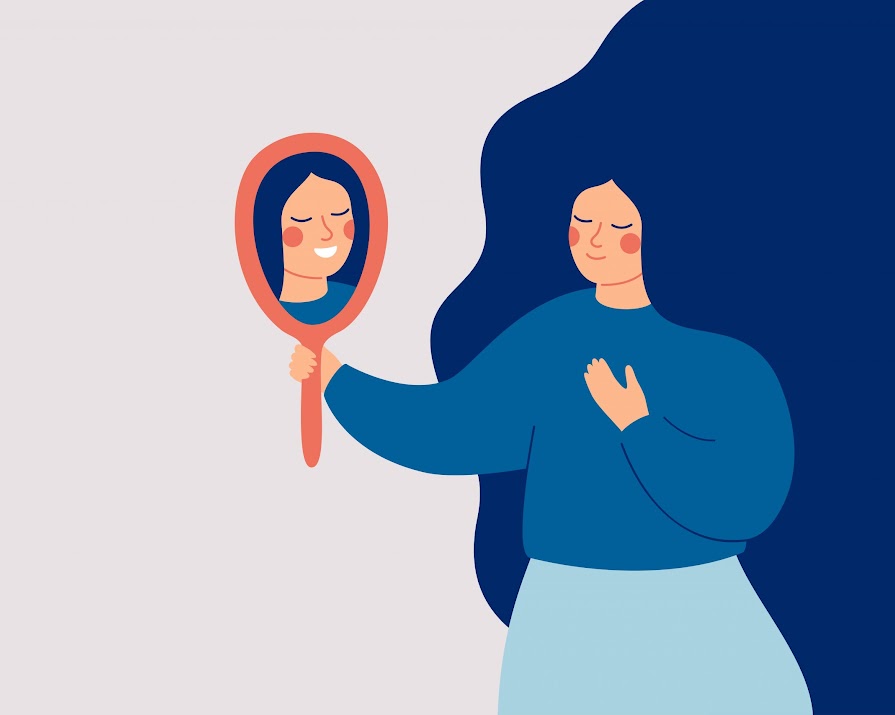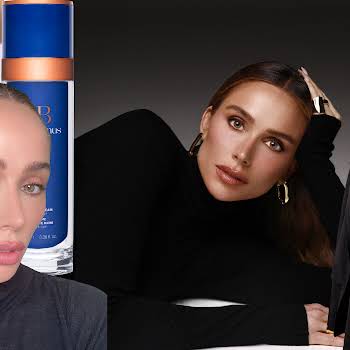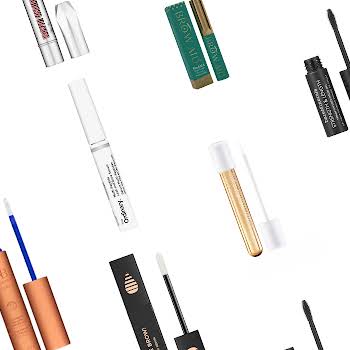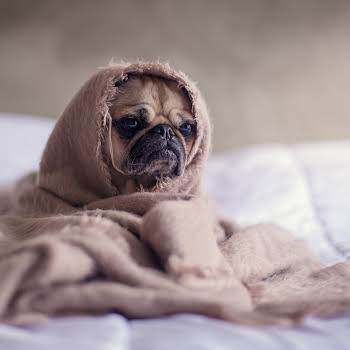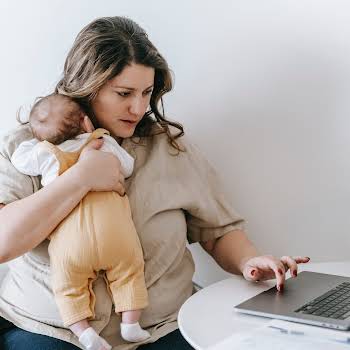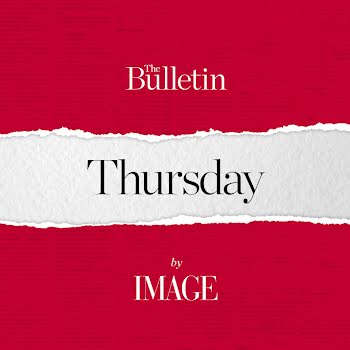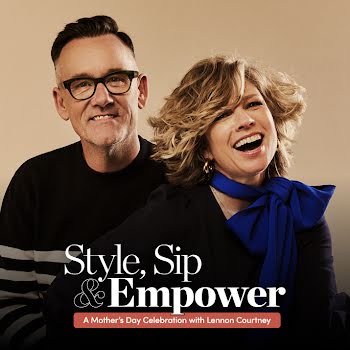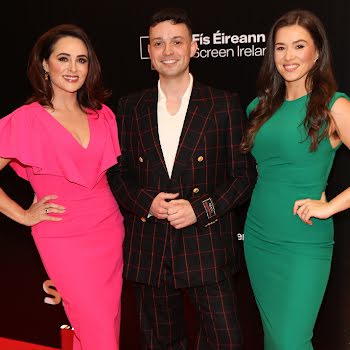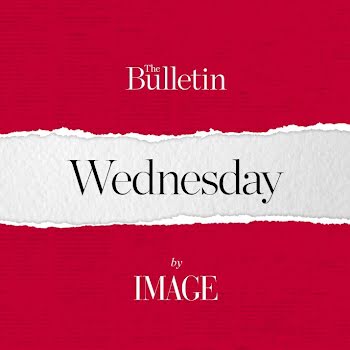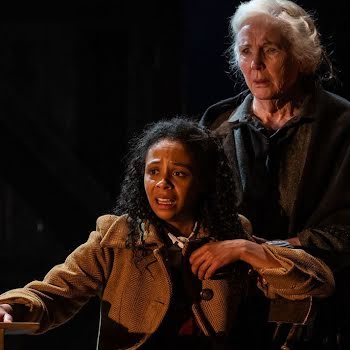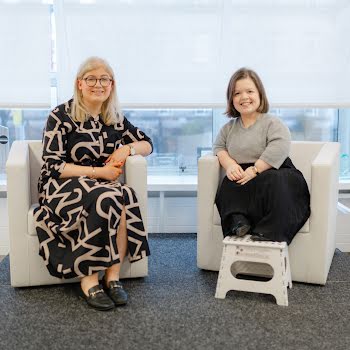By Sophie White
28th Jun 2023
28th Jun 2023
"Beauty, if or when you acquire it, is a currency but the currency of hotness is a fleeting one," writes Sophie White.
When I was 12 I wrote a story about two girls who were best friends. One girl, the main character, was tall and beautiful and the “best friend” was short and plain. I told my mother the plot of my story which largely centered around great things happening to our beautiful heroine and her friend cheering her on cheerfully from the sidelines.
My mother suggested I switch the girls’ appearances around. “Why can’t the short plain girl fall in love and win the dance competition?” queried my mother. This feedback was a bombshell. Even at 12 years old I had never countenanced that short ugly, people deserved good things too. In my defense, it wasn’t a narrative we were offered all that much. I’m sure my mother doesn’t remember this conversation but it had a lasting impact on me.
In my teens, I felt very very unattractive. I had lovely hair which to my mind only served to compound on the very noticeably unlovely rest of me. It felt like a cruel joke to have such nice hair. I was walking down the street the first time I discovered the true extent of my ugliness. A group of older boys were walking behind me. Seeing my long white-blond hair, one of them sang, “turn around honey… let us see your face.” Embarrassed and thrilled, I did glance back which prompted gales of laughter and the unforgettable words, “oops, never mind… you’re a dog!”
Now, of course, teenage humiliation is not out of the ordinary, and feeling ugly as a teenager seems to be a fairly universal experience but I felt the fact of my ugliness as tangibly as I knew I had limbs. The ugliness was like an additional unwanted limb that had emerged in puberty, apparently with the sole purpose of inflicting misery. I overheard a friend of my mother say “It’s an unfortunate phrase, but it’ll pass.” Boys at school echoed the “dog” sentiments of the crowd above and the phrase “ugly” felt as though it had been invented for me personally. I looked at the pretty girls and wondered what it must feel like. And then one day in my 20s, I found out what it felt like. And the disappointing realisation was that, while it felt good, it revealed an unpleasant truth about the world.
In my early 20s, my features seemed to settle at last and pulled together to become something that was apparently not so awful anymore. After years of being ugly, it was suddenly baffling to be of interest to people. And not just in a sexual way but just generally. I had graduated purely by dint of my face suddenly behaving itself into a person that was worth listening to.
This American Life aired an episode called Tell Me I’m Fat which explored the lives of three women who either were fat or had been in the past. I take this as an example, not because I equate fatness with ugliness – I don’t – but rather such a quantifiable transformation can be more effective in revealing how we are treated based on our looks. Elna Baker a producer on the show and storyteller at the Moth, lost more than 100 pounds using diet pills. She described the transition of becoming thin in detail, how the world suddenly seemed more open to her, she got a job, a boyfriend, even free stuff in shops when she didn’t have enough cash for groceries. “I felt like this whole other world for thin people had existed alongside mine, a world they’ve been keeping a secret from me.”
“The attention I got from men… made me sad. It was the unfairness that got to me. Old Elna… tried so hard for everything that I now got so easily.”
“New Elna didn’t have to be a good person. I just had to be thin. It made the world seem so bleak, like this is the system? Really? It made me less hopeful about people. It made it hard to trust people.”
IMAGE.ie Editorial Director, Dominique McMullan had a similar experience, “I was bullied as a teen for being overweight, I had boys literally chasing me down the street. Then I lost weight in my early 20s and the change was so palpable. Suddenly people were interested in me, and not just in shagging me but actually just listening to what I had to say. It was upsetting to me. Ignorance really was bliss before, I had no idea that all these opportunities weren’t coming my way because of an extra stone of weight on my body.”
Ugliness is something that people want to argue with you about. I casually mentioned my decade of ugliness to two women recently who immediately tried to disabuse me of this opinion. “I really don’t feel much emotion about it,” I attempted to comfort them when they looked stricken at my description of Ugly Sophie. Now my line on it is that being ugly or having an ugly period in your formative years can be the making of us. Ugs or Former Ugs will never attach as much self-esteem to what is essentially a trick of genetics, context, and timing as those who had it once and then lost it.
Beauty, if or when you acquire it, is a currency but the currency of hotness is a fleeting one. It is the currency of a false economy. Of course, female beauty is a very particular thing. As Roxanne Gay put it when speaking to Vox, “There are a lot of consequences to living in a body, and to living in a woman’s body. I think you spend your entire life on display, whether you want to be or not. I’m very interested in exploring that, and how we live with that.”
When women speak about their bodies and the experience of living in them, we court danger. In pitching this very piece I joked that I’d probably be trolled. New York writer, Kristin Salaky wrote a response to a Dove campaign celebrating “real beauty” – it’s worth mentioning that the “real” beauty in question still hit a reasonable metric of attractiveness, kind of like “TV ugly” – and her message that she was ugly and perfectly okay with that, was not warmly received. People had complaints ranging from the fact that indeed she was ugly, to accusations that she was self-obsessed and many even whined that she wasn’t ugly enough. Per usual, you can’t win when you’ve got a vagina.
In 2015, English journalists, Polly Vernon and Bryony Gordon wrote about their bodies provoking a similar tsunami of abuse. The reason? Vernon had written about liking her (thin) body and Gordon had written about liking her (heavier) body. The cheek (ahem).
Earlier today, I passed a magazine with Kim Kardashian in a bikini on the cover and the headline: “Why Kim K is living on 500 calories a day” and I genuinely felt pity for this honed and hard-won beauty. This is what she believes it takes for her to participate in this economy of hotness. I simply cannot believe that the return on that level of deprivation is worth it.
Beautiful or not, enjoying your personal aesthetic is a creative outlet but never forget that pursuit of beauty has always been a dangerous game for women. In the 1800s we slowly poisoned ourselves with lead and arsenic makeup products, in the 1900s we deformed our ribcages and misaligned our spines with corsets, and in the 20th century, we’ve casually sliced and plumped and filled our way to impossible beauty. We’ve surfed three waves of feminism in the last century, and still, there is much work to be done. We’ve swapped corsets for waist trainers and lead for semen facials, and little has changed in terms of the scrutiny of our appearance. A famous woman going make-up-free is “inspiring”, yet Zadie Smith dismissing make-up routines manages to p*ss everyone off.
I appreciate my ugly years, they saved me from ever attaching too much worth to my features. The phrase beauty is in the eye of the beholder is supposed to be a comforting phrase but I prefer “beauty is boring, what else you got?”
This article was originally published in June 2021











